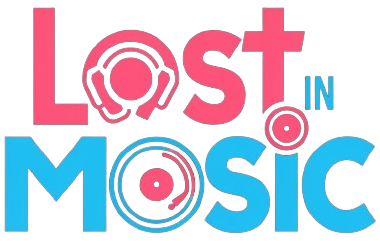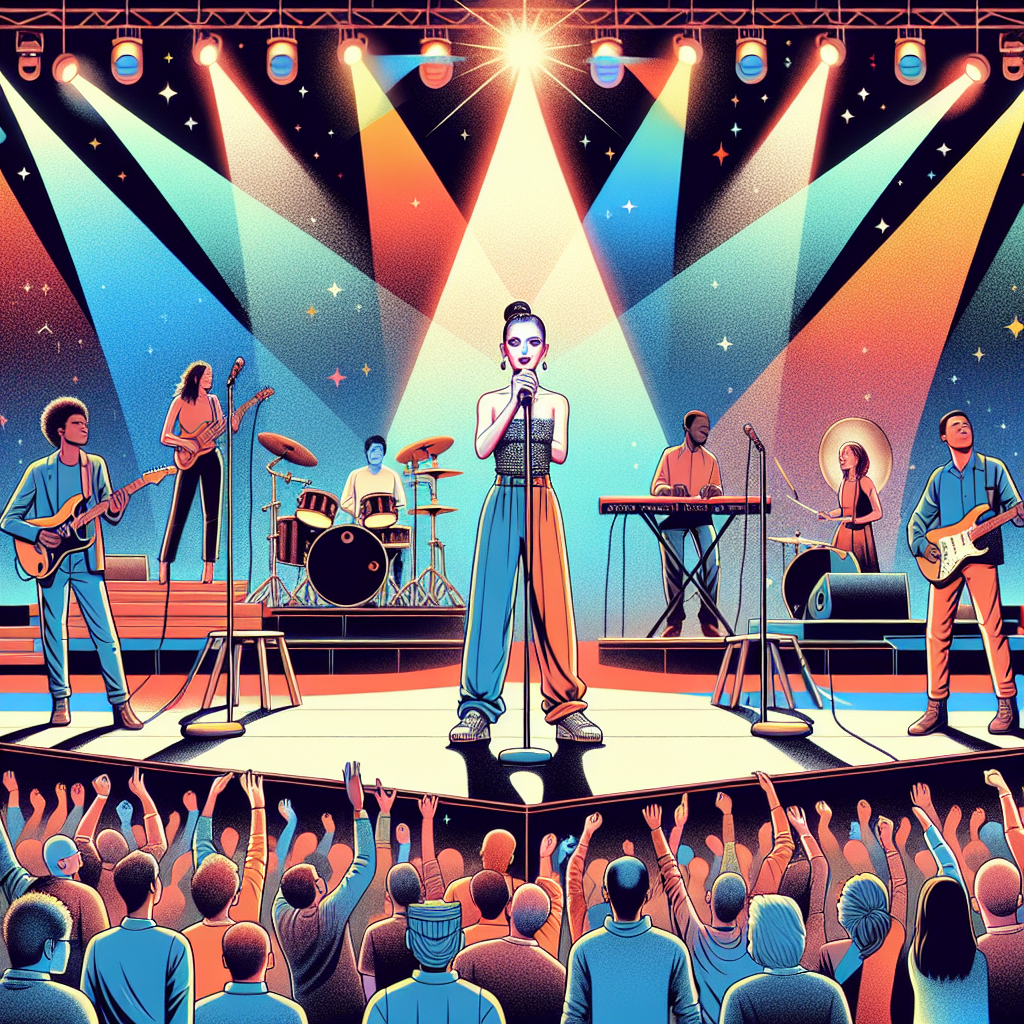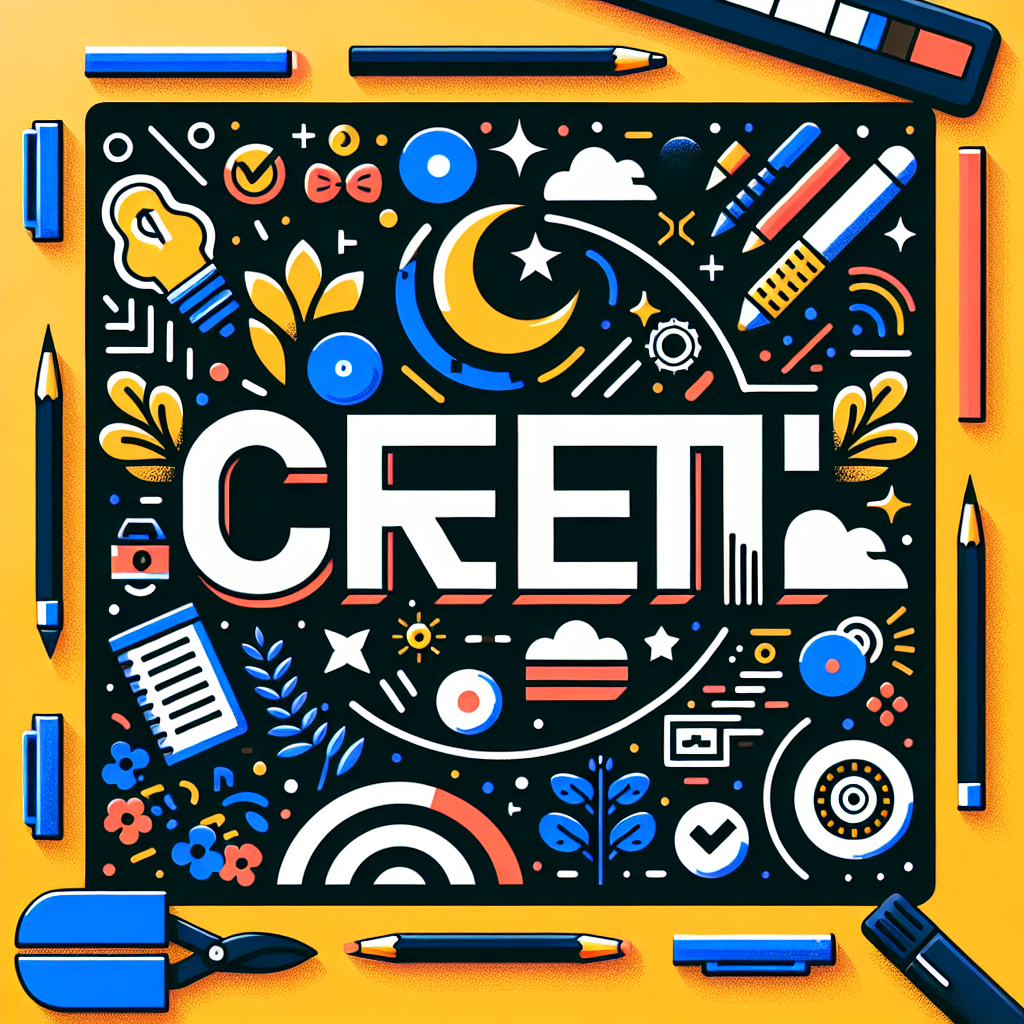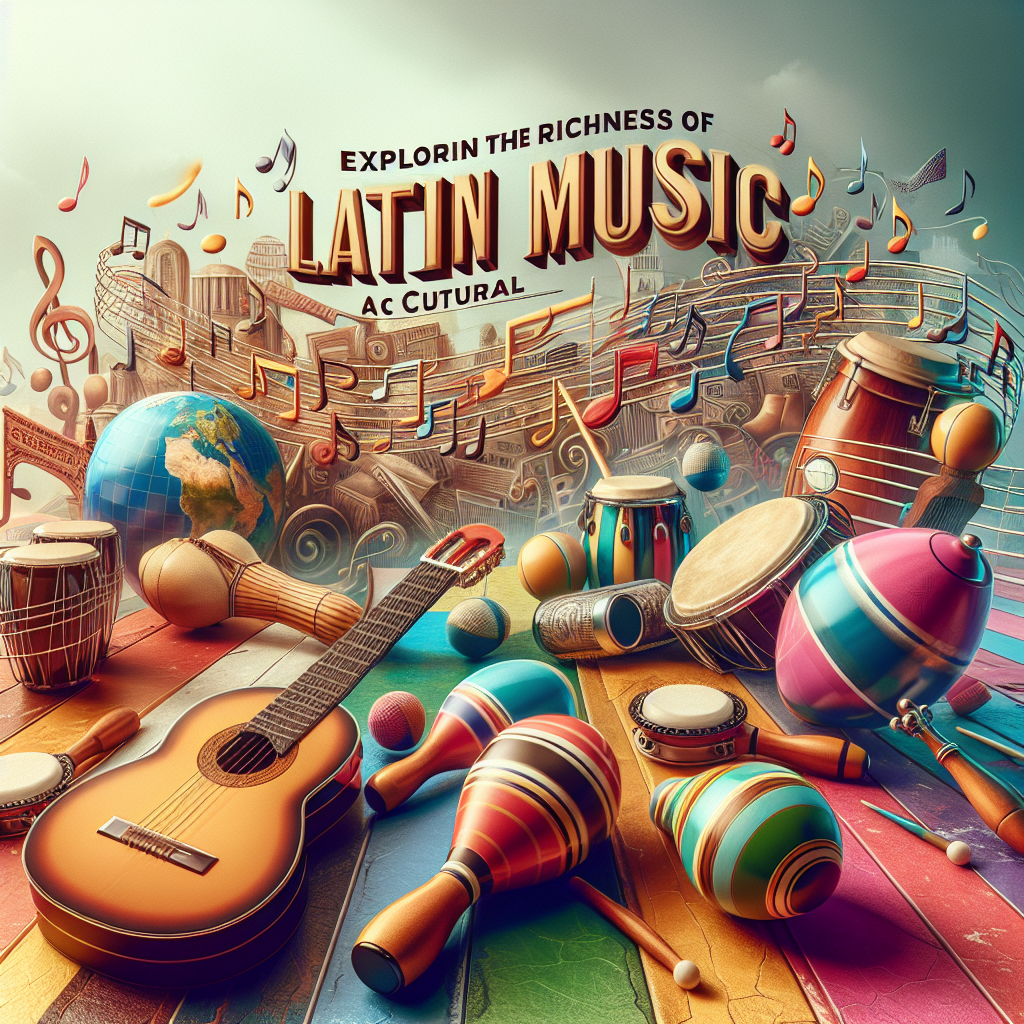Music is a universal language that transcends geographical borders, racial differences, and cultural diversities. It’s an intrinsic part of humanity that dates back to the very beginning of our existence. Over the generations, music has evolved immensely, birthing various genres such as pop, rock, jazz, hip hop, classical, country, metal, and more. Among these, pop music has been incredibly influential in shaping mainstream culture. This article delves into the ways in which pop music shapes and mirrors our society.
Representing Societal Changes
Pop music is a powerful communication tool that often acts as a mirror to society, closely reflecting its changes and challenges. Over the decades, pop music has artistically portrayed the evolving cultural values, societal norms, and political climates. For instance, the 1960s pop music scene was significantly influenced by the civil rights movement and antiwar sentiments. In recent years, pop music has been increasingly vocal on issues like mental health, body positivity, and LGBTQ+ rights.
Shaping Fashion Trends
Pop music and fashion have always shared a closely intertwined relationship. Musical icons often become popular trendsetters, introducing new fashion styles that quickly sweep the mainstream culture. Stars like Madonna, Michael Jackson, and Prince revolutionized fashion in the 80s, while artists like Lady Gaga, Rihanna, and Billie Eilish continue to push fashion boundaries today. Their unique styles often set the global fashion trends, influencing designers and consumers worldwide.
Influencing Language
Pop music also has a considerable influence on language. The catchy phrases, made-up words, and innovative slangs used in pop songs often make their way into everyday communication. For example, phrases like ‘YOLO,’ popularized by Drake, or ‘Savage,’ brought into the mainstream by Megan Thee Stallion, have become part of the modern lexicon.
Fostering Unity and Connection
Music, especially pop music, has a unique ability to foster unity, cultural exchange, and global connection. It bridges gaps between different cultures and promotes understanding. Popular music artists often collaborate with others from different genres, cultures, or countries. These collaborations reflect and foster the increasing cultural diversity of our global society.
Driving Technological Changes
Music consumption has shifted drastically over the years, thanks to pop music. From the rise of music television, like MTV in the 80s, to the advent of digital downloads in the late 90s, and to the current trend of streaming services, pop music has embraced and driven these technological changes. Furthermore, pop music is heavily involved in the growth of social media platforms, with platforms like TikTok serving as a launchpad for numerous pop tracks.
Conclusion
In conclusion, pop music is much more than mere entertainment. It indeed shapes and reflects the society in which it exists. Its influences extend to diverse aspects of mainstream culture including fashion, language, societal norms, and even technology. As we continue to consume and appreciate pop music, it remains exciting to witness the future societal changes that pop music will continue to evoke.
FAQs
- How has pop music evolved over the years?
Pop music has evolved in sync with societal changes, reflecting shifting cultural values, norms, and political climates. It has also embraced and driven technological changes, from the era of records to digital streaming.
- How does pop music influence fashion?
Pop music artists often become fashion trendsetters, introducing new styles that influence the global fashion trends. Their unique styles are replicated by designers and consumers, shaping the fashion landscape.
- Can pop music influence language?
Yes, words, phrases, and slangs used in pop songs often penetrate everyday vernacular. Music artists have a knack for embedding catchy or innovative phrases in their lyrics, which are then adopted into daily conversations.
- How does pop music promote unity and global connection?
Pop music often acts as a bridge between different cultures. Artists from various cultures or countries frequently collaborate, promoting cultural exchange and understanding.
- Can pop music influence technology?
Pop music has driven many technological changes related to music consumption. Examples include the rise of MTV, the advent of digital downloads, and the popularity of streaming services.




